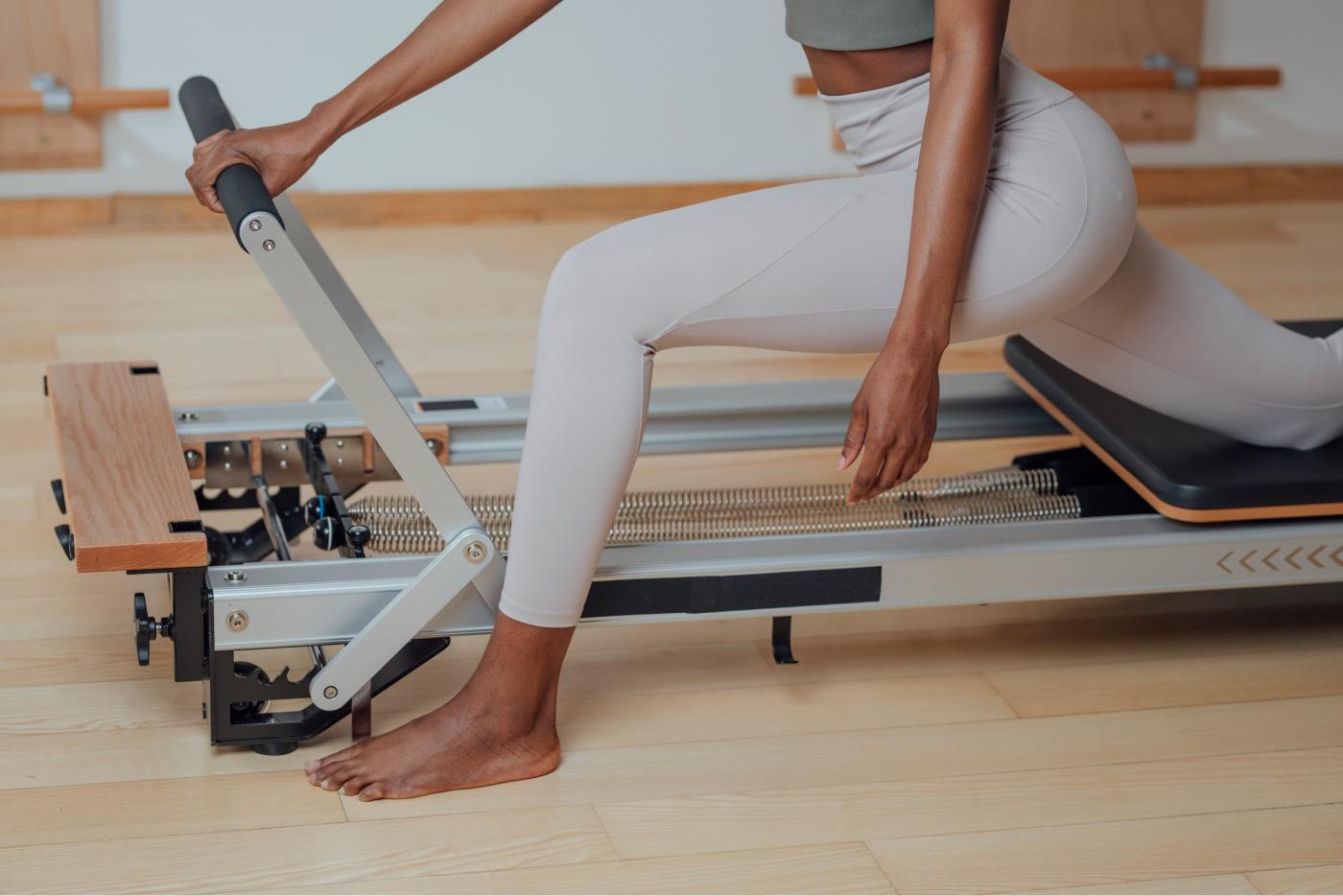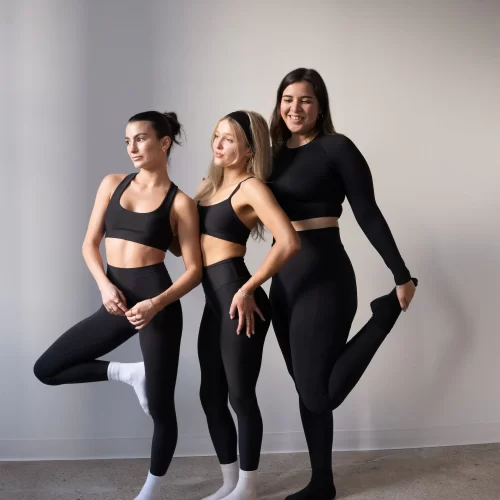Pilates, a system of exercises designed to improve physical strength, flexibility, and posture, also offers significant benefits in enhancing coordination and building core strength. This article explores how Pilates achieves these outcomes and why they are crucial for both everyday activities and overall health.
Understanding Pilates and Core Strength
Pilates is centered around the idea of creating a strong core. The core, often misunderstood as just the abdominals, actually encompasses the entire area of the torso, including the lower back, hips, buttocks, and pelvic muscles. It acts as the body’s central support system. Joseph Pilates, the founder of the method, famously said, “The whole body’s health depends on the proper functioning of its core.” This statement underlines the core’s role in the overall stability and strength of the body.
How Pilates Enhances Coordination
Coordination in movement is a key element of Pilates. The practice involves precise, controlled movements that require a deep connection between the mind and the body. This mental focus is crucial for developing muscle memory and fine-tuning motor skills, which directly translates to improved coordination. As practitioners regularly engage in these exercises, their bodies learn to move more efficiently and harmoniously.
The Core of Pilates: Building Core Strength
Core strength is paramount in Pilates. The exercises are specifically designed to engage and strengthen the core muscles, which are pivotal in stabilizing the spine and pelvis. This stabilization is essential for preventing injuries, maintaining good posture, and providing the foundation for strong, controlled movements.
Pilates exercises such as the plank, leg lifts, and various forms of the roll-up and roll-down involve sustained engagement of the core muscles. This not only builds muscle endurance but also teaches the body to rely on the core for stability and strength in all types of activities, from sports to daily chores.
The Benefits of Improved Coordination and Core Strength
The benefits of enhanced coordination and stronger core muscles extend far beyond the Pilates studio. For athletes, improved coordination can lead to better agility, quicker reflexes, and more precise movements, all of which contribute to better performance and fewer injuries. For everyday activities, good coordination helps in performing tasks more efficiently and safely, like walking on uneven surfaces, carrying heavy items, or navigating through crowded spaces.
Strong core muscles support the spine, reduce back pain, and are fundamental in achieving overall physical health. A strong core also ensures that the force exerted by any physical activity is properly distributed across the body, minimizing overexertion on any one part, thus reducing the risk of injury.
Conclusion
Pilates offers a comprehensive approach to fitness that goes beyond simple exercise. By enhancing coordination and strengthening the core, Pilates equips individuals with the necessary skills and physical strength to perform better in sports, conduct daily activities with ease, and maintain a healthy, balanced body. Whether you are rehabilitating from an injury, looking to enhance your athletic performance, or simply aiming to improve your physical health, Pilates provides a solid foundation for achieving these goals.


